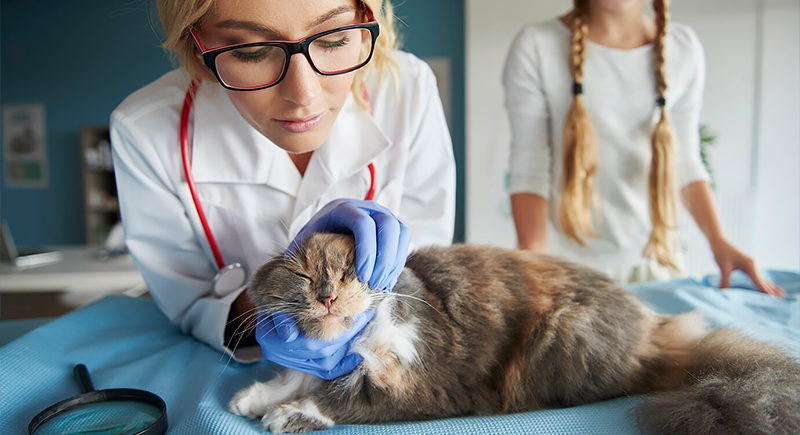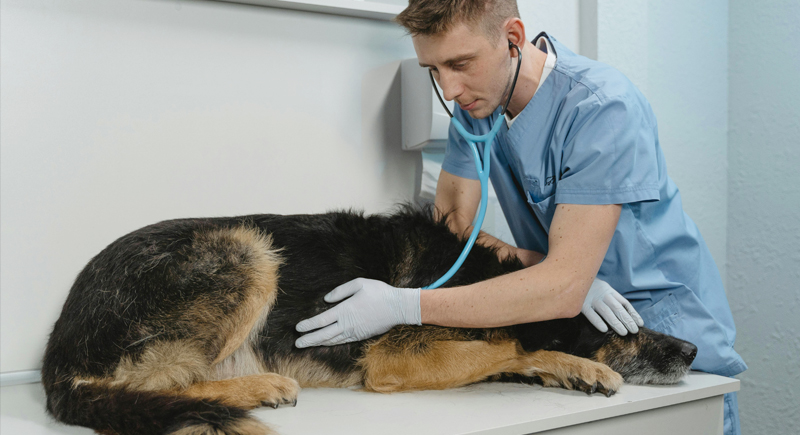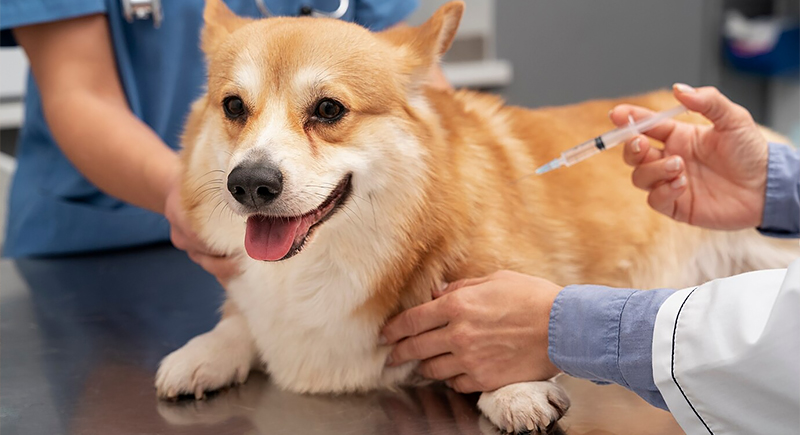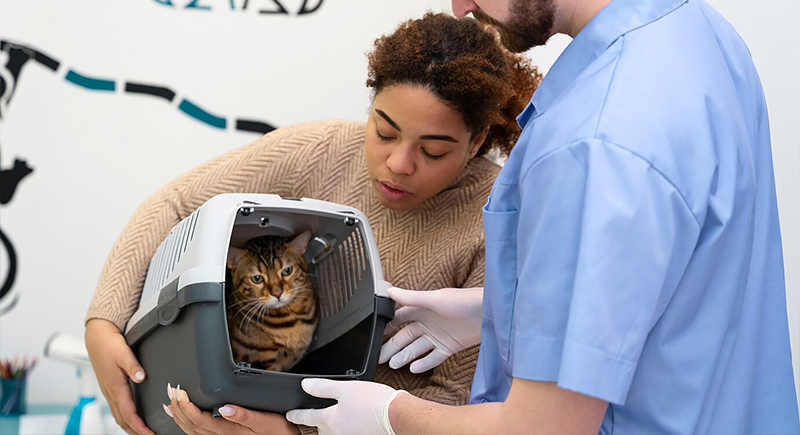All the Different Types of Pet Insurance Plans and What They Cover
Nothing’s worse than heading to the vet and finding out your insurance doesn’t cover the care your pet needs. That’s why it’s so important to choose the right pet insurance plan from the get-go. For example, some plans focus on emergencies, while others cover regular check-ups or chronic conditions. In this article, we break down the different types of pet insurance plans and everything that they cover.
Comprehensive Coverage

Credit: freepik
This type of policy handles a mix of emergencies, illnesses, and routine care. It’s the right plan for pet owners who don’t want any last-minute surprises. Comprehensive insurance simplifies things by covering almost everything, though it’s typically more expensive than other options.
Accident-Only Plans

Credit: iStockphoto
Accident-only insurance helps when pets get injured, such as a broken leg or swallowing something they shouldn’t. It doesn’t include illnesses, so it’s more affordable. This plan is best for active pets prone to mishaps but generally in good health otherwise.
Illness-Focused Policies

Credit: pexels
These plans cover treatments for medical conditions like infections, diabetes, or cancer. They don’t include injuries or routine care. If your pet is more likely to face health problems than accidents, this type of coverage can save you from high vet bills.
Wellness Insurance

Credit: freepik
Preventive care can get expensive, and wellness policies help provide relief by covering those specific services. They include things like flea treatments, vaccines, and annual check-ups. While they don’t cover emergencies, they’re good enough to handle regular pet health expenses.
Time-Limited Policies

Credit: freepik
Time-limited coverage applies to specific conditions for a set period, often a year. After that, the condition is excluded. This plan works well for short-term issues but isn’t suitable for ongoing or chronic problems that need long-term care.
Lifetime Plans

Credit: iStockphoto
Pets with chronic conditions need consistent care. Lifetime insurance makes sure that treatments are covered every year as long as the policy is renewed. This means that recurring health concerns like arthritis or allergies are always covered for.
Maximum Benefit Insurance

Credit: freepik
This type of policy provides a set financial limit for a condition, which can be used over time without deadlines. Once the limit is reached, further costs aren’t covered. So, if you just need coverage for one-time expenses, this is the plan to go for.
Emergency-Only Coverage

Credit: iStockphoto
Some owners just want coverage for major, unexpected events like surgery or poison treatment. Emergency-only plans focus on big-ticket incidents and skip routine care. They’re straightforward and can help during those rare but costly moments.
Multi-Pet Policies

Credit: iStockphoto
If you have multiple pets, managing individual policies can be really overwhelming. Multi-pet insurance aims to make your life easier by bundling coverage into one plan, often at a discount, so you don’t have to juggle multiple plans.
Exotic Pet Insurance

Credit: iStockphoto
Cats or dogs may be extremely common household animals, but they’re not the only ones. Exotic pet insurance covers the unique needs of animals like parrots, snakes, or rabbits. From specialized treatments to rare illnesses, these policies offer the specific care that traditional pet insurance won’t.
Cat Insurance

Credit: freepik
Cats are at greater risk for certain conditions, such as kidney issues or hyperthyroidism than other animals. Cat-specific policies focus on these common feline problems to provide tailored coverage without unnecessary extras designed for other animals.
Dog Insurance

Credit: iStockphoto
Like cat insurance plans, dog-specific plans address canine health concerns, such as joint issues or breed-specific conditions like hip dysplasia. These policies make sure your dog gets the care they need without you paying for irrelevant services.
Senior Pet Policies

Credit: iStockphoto
Older pets often require more frequent vet visits and treatments for issues like arthritis or vision problems. Senior-specific insurance helps cover these costs, which makes it easier to manage the increased healthcare needs of aging animals.
Liability Insurance

Credit: iStockphoto
If your pet causes property damage or injures someone, liability insurance helps cover those expenses. While not directly related to your pet’s health, it nevertheless protects you from financial risks that come with owning an active or unpredictable animal.
Travel Insurance for Pets

Credit: freepik
Traveling with pets brings its own challenges. Travel insurance covers emergencies that happen away from home, such as accidents or illnesses. Some policies also include costs for finding lost pets, making it a valuable option for frequent travelers.
Dental Care Insurance

Credit: Getty Images
Dental care coverage helps cover treatments such as cleanings, extractions, and dental surgeries. Pets can develop oral health issues, which are usually costly to treat. Therefore, this coverage is ideal for preventing dental problems from becoming more severe and expensive issues. It’s an excellent add-on for proactive pet owners.
Prescription Medication Coverage

Credit: iStockphoto
Prescription medication coverage is designed to help cover the cost of medications prescribed for ongoing conditions, infections, or illnesses. It’s beneficial for pets with chronic conditions, such as arthritis or allergies. This coverage ensures that your pet’s necessary medications are more affordable and accessible when they need them most.